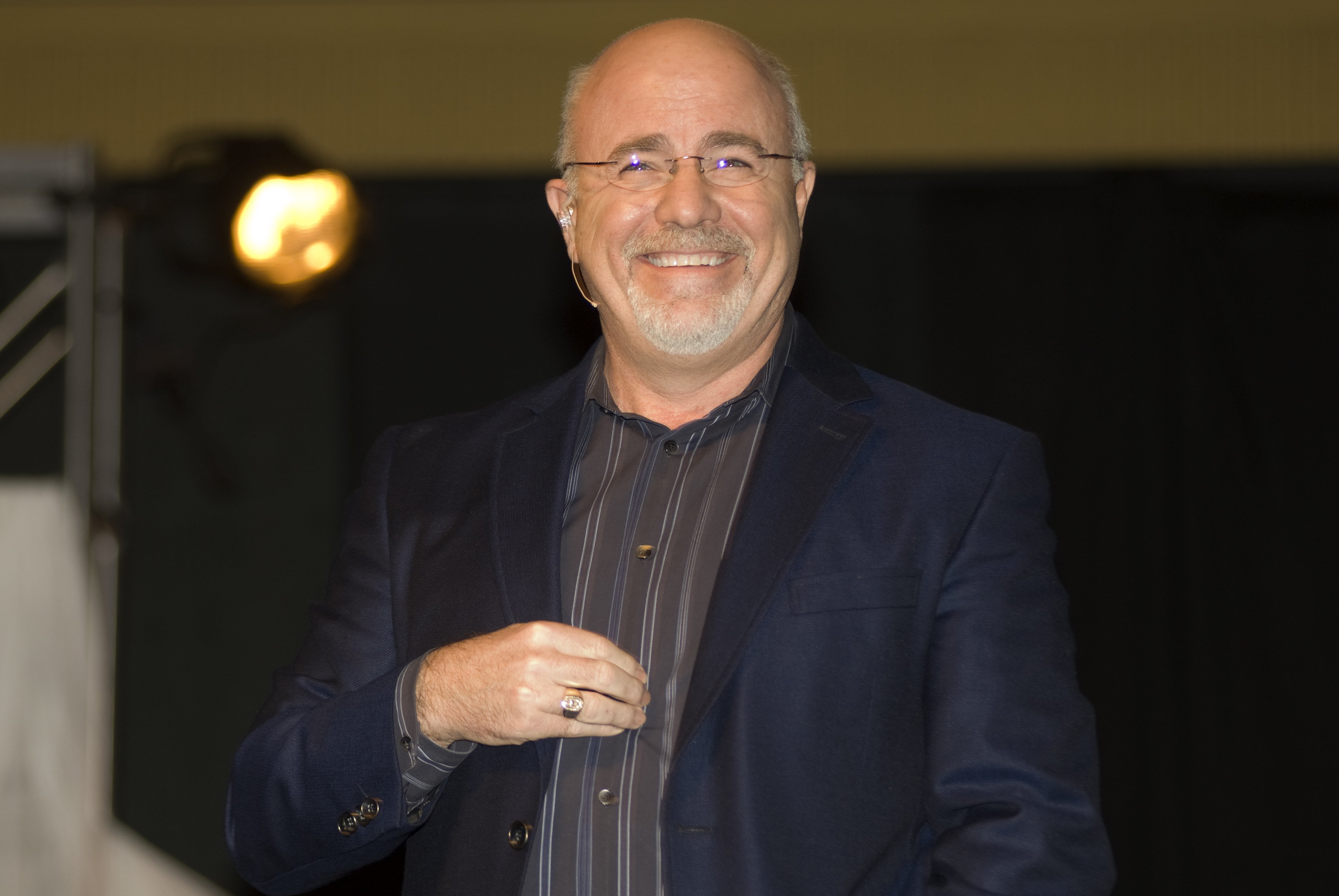Last week there was a bit of a strange filing. We have all known, or at least it has been known, that there is an oil ETF called U.S. Oil Fund ETF and that has been trading under the American Stock Exchange ticker "USO" since last year. This ETF tracks the forward month West Texas Crude Crude contract, and it is essentially known as the "Oil Tracking ETF." Last week there was a filing for the United States Oil Fund, LP. Normally this wouldn’t be covered since it is older and since it is mainly for institutions, but if this is successful it could end up opening up many of the ETF’s to a super-sized institutional base that would otherwise not be inclined to play the ETF game.
The new Limited partnership has authorized in a filing 50,000,000 more units that are essentially nothing short of "The Institutional-Sized Oil ETF." These are able to be purchased at Net Asset Values on and off, but they are limited essentially to institutions and to super-high net worth individuals. These are sold only in creation baskets of 100,000 units, so at $44+ current trading, you have to be able to have $4.4 million to get into the game. This is well over $2 Billion worth of limited partnership units in the entirety.
This is a commodity pool that issues units thatcan be bought and sold on the AMEX. Of course there are rolling dates and windows where it trades, and that is to assure a price neutral change to the changes in futures.
Here is the full SEC filing. Obviously by the size of this, not too many players are going to be actively buying and selling these outside of very large institutions. If this is fully liquid and goes against you when firms use leverage, imagine the size of the margin call.
Jon C. Ogg
January 23, 2007
Essential Tips for Investing: Sponsored
A financial advisor can help you understand the advantages and disadvantages of investment properties. Finding a qualified financial advisor doesn’t have to be hard. SmartAsset’s free tool matches you with up to three financial advisors who serve your area, and you can interview your advisor matches at no cost to decide which one is right for you. If you’re ready to find an advisor who can help you achieve your financial goals, get started now.
Investing in real estate can diversify your portfolio. But expanding your horizons may add additional costs. If you’re an investor looking to minimize expenses, consider checking out online brokerages. They often offer low investment fees, helping you maximize your profit.
Thank you for reading! Have some feedback for us?
Contact the 24/7 Wall St. editorial team.



